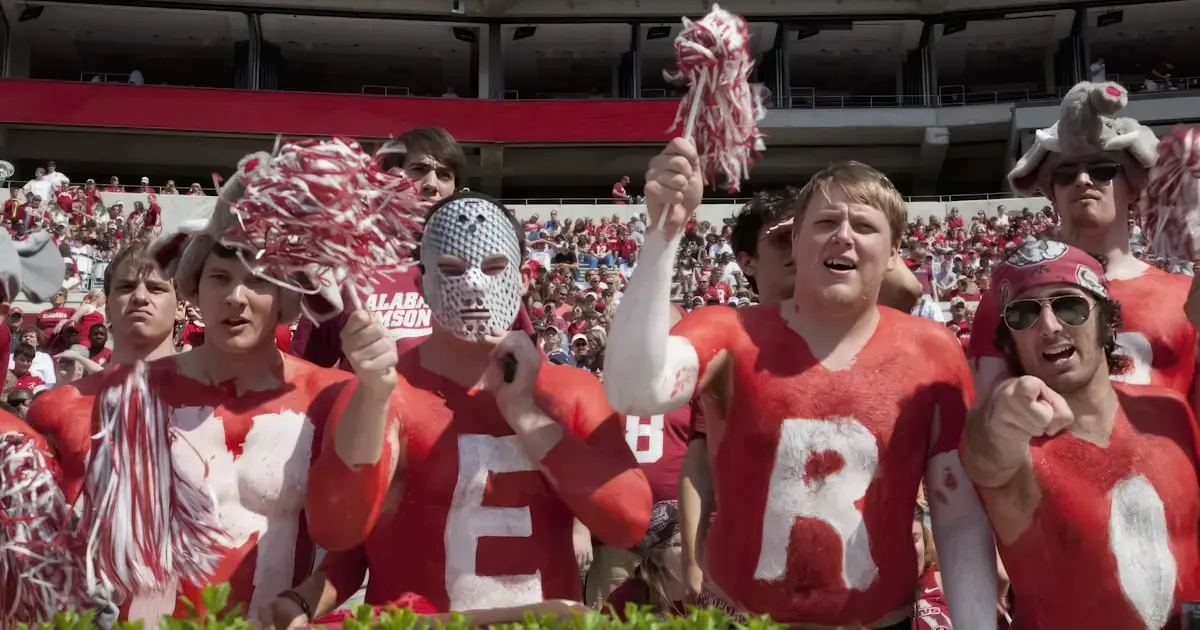 In a study conducted by scientists at the University of San Sebastián in Santiago, Chile, researchers scanned the of football fans to detect changes in blood flow when their favorite team won or lost.
In a study conducted by scientists at the University of San Sebastián in Santiago, Chile, researchers scanned the of football fans to detect changes in blood flow when their favorite team won or lost.
The experts found that witnessing their team score activated a associated with reward, releasing the happiness hormone . However, when the team lost, there was a decrease in activity in the area of the fans’ brains linked to emotional control, particularly regarding aggression.
Interestingly, in both scenarios, the fans’ brains behaved as if they could directly influence the outcome of the match.
Lead author Francisco Zamorano, who conducts research at the university and the Alemana clinic, stated, “Strong loyalty affects neural activity.”

What Did the Scientists Discover?
According to the researchers, football fans from South America and Europe are well-known for their dedication to their favorite teams and their passionate behavior in stadiums. This makes them ideal subjects for studying brain activity and extreme emotions.
Neurobiologists involved 60 healthy men aged 20 to 45 who were fans of two rival Chilean clubs: Colo-Colo and Universidad de Chile.
During the experiment, the volunteers watched a compilation of highlights featuring 63 goals scored by their favorite team, the rival team, or a neutral team. This allowed the fans to experience both the thrilling victories of their favorites and the moments of devastating defeats, as reported by Daily Mail.

While the fans watched the clips, researchers examined their brain activity using functional magnetic resonance imaging (fMRI). This imaging method measures brain activity by detecting changes in blood flow.
The team also assessed the participants’ level of football fandom through a survey, ranging from a casual sense of belonging to tendencies toward violence.
The fMRI results showed that the brain activity of fans changed dramatically in response to the success or failure of their favorite football team.
When the team won, the brain’s reward system, responsible for feelings of pleasure and motivation, was activated. This increased activity indicated that the nerve cells in this area were working harder, requiring more blood flow, which led to the release of neurotransmitters like dopamine and acetylcholine (which regulates memory and creativity).
Conversely, when the team lost, activity in the dorsal anterior cingulate cortex, associated with cognitive control of emotions and behavior regulation, dropped sharply. Researchers find this observation quite concerning, as this process in a fan’s brain could push them toward destructive or aggressive actions that pose risks to those around them.
“The same neural signature, where reward increases and control decreases in competitive situations, likely extends beyond sports to political and religious conflicts,” Dr. Zamorano suggested.
The study’s findings were published in the journal Radiology.
Photo: Unsplash
